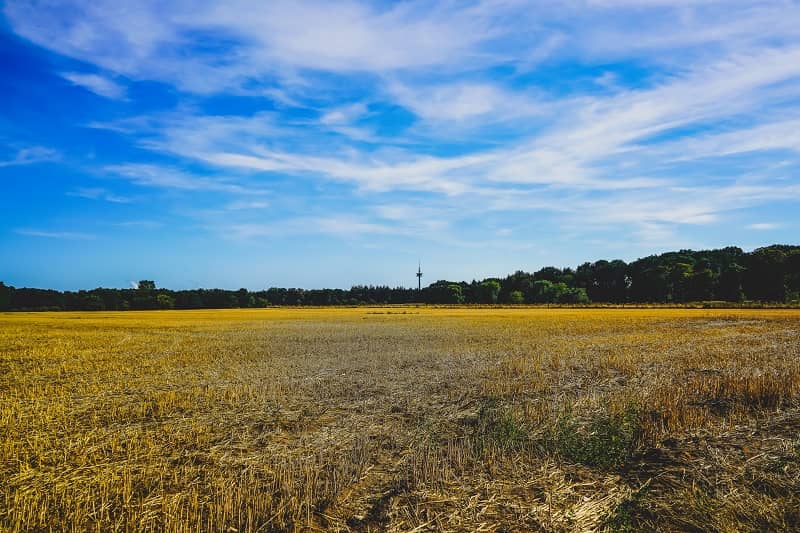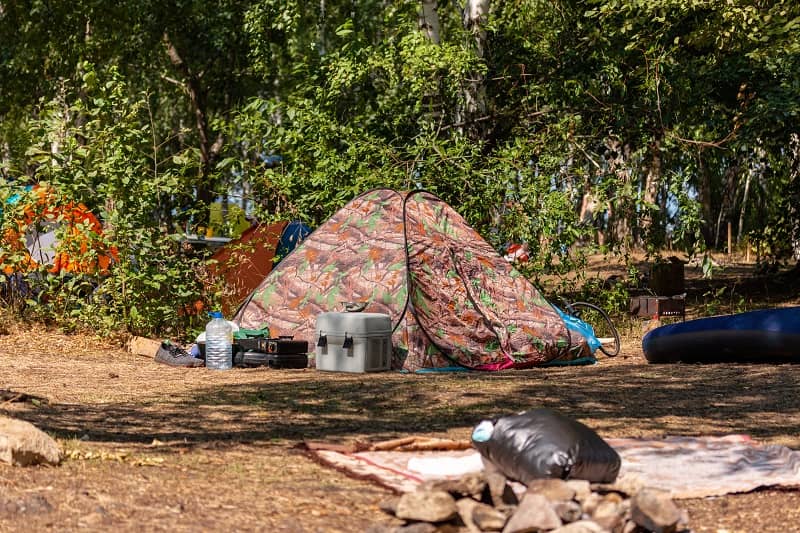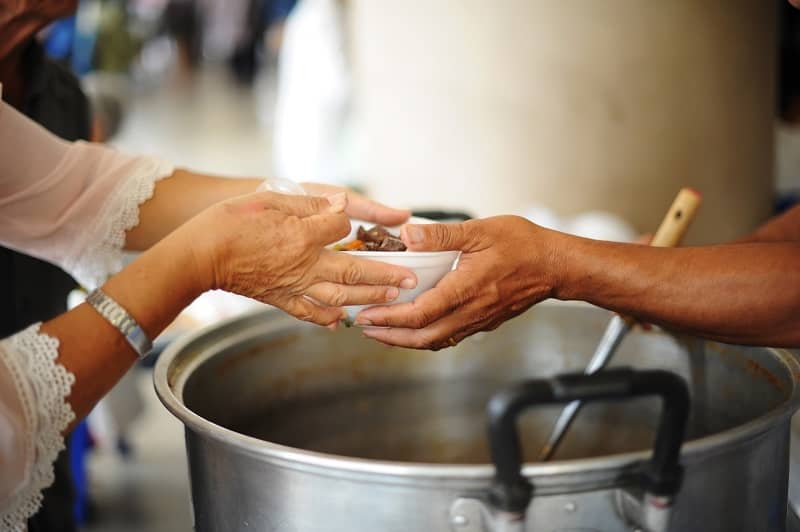By Eric Fruits, Ph.D.
People in the Portland area love their parks and they love nature. So much that in 2019, voters approved $475 million in bonds for Metro’s “Parks and Nature” program.
What voters thought they were voting for—and what they were told they would get—was more public parks for people and the protection of natural areas.
However a recent job posting placed by the regional government revealed a dirty little secret. About 10% of the land purchased by Metro’s Parks and Nature program is being actively farmed or leased to farmers. That’s more than 1,300 acres of parks and nature land that Metro is using for commercial farming.
Metro’s new employee—who will pull in a six-figure salary—is expected to, among other things, “develop new leases, ensure lease compliance, and oversee rent collection.”
The fact that the new employee is responsible for developing new leases suggests that Metro intends to make commercial farming a permanent feature of its so-called “Parks and Nature” program.
I’m willing to bet that no one who voted for Metro’s bond measure thought their tax dollars would be spent to buy land so that the regional government could play it’s own version of Farmville.
Metro needs to sell its farming operations and use the proceeds to provide parks and protect natural areas as the region’s voters were promised.
Eric Fruits, Ph.D. is Vice President of Research at Cascade Policy Institute, Oregon’s free market public policy research organization.













Nancy Hildebrandt
I live in Linn County so I knew nothing about the “Farmville” initiative by METRO. But a couple weeks ago I attended a farm event at Headwaters Farm in Gresham. I discovered the land is owned by Multnomah County and there are a number of ecological restorative initiatives going on around the creek. Farmers can rent plots (20-30 acres as I recall), and there is farm equipment that can be shared or rented for a minimal cost. I think the public is welcome to visit during typical public park hours.
Given the prohibitive cost of farmland, it seems like a wonderful way for aspiring farmers to get started, but I think it has an even more important purpose: the public can come to visit and see working small farms in conjunction with restoration initiatives, complete with interpretive signs.
The Oregon government is currently getting a really bad rap over denying water rights, clamping down on market gardeners, and defining micro-scale milkers as CAFOs, leading to the conclusion that Oregon is trying to put small farmers out of business. The Headwaters site seems of particular interest as a model for both encouraging farming and giving small farms some positive public exposure. I’m not sure I have all my facts and conclusions straight, but I’m intrigued to know more and think that farming sites like this with public access could be extremely valuable PR for small farms in Oregon.
I’ve been wondering where the money came from for Multnomah County to own such a site, but I now suspect you’ve explained it in this article. I’m no fan of Oregon government but am interested in this concept of a public Farmville and would like to think about the possibility of extending this type of “public agrotourism” to other counties. With the current intense interest from the public in buying local food from small farms, this could be a very valuable connection between urbanites and the small farm version of a park.